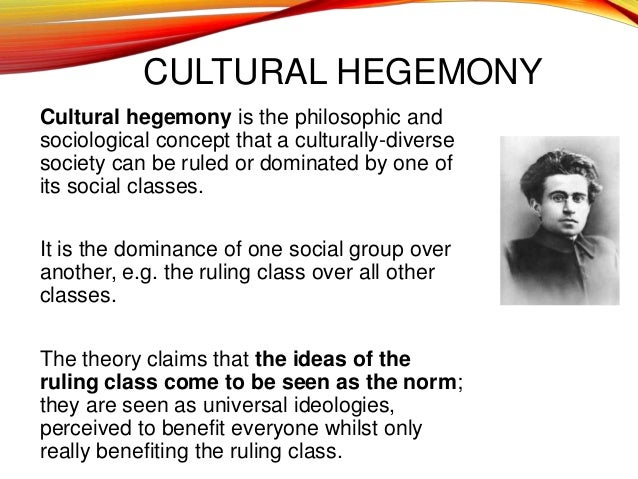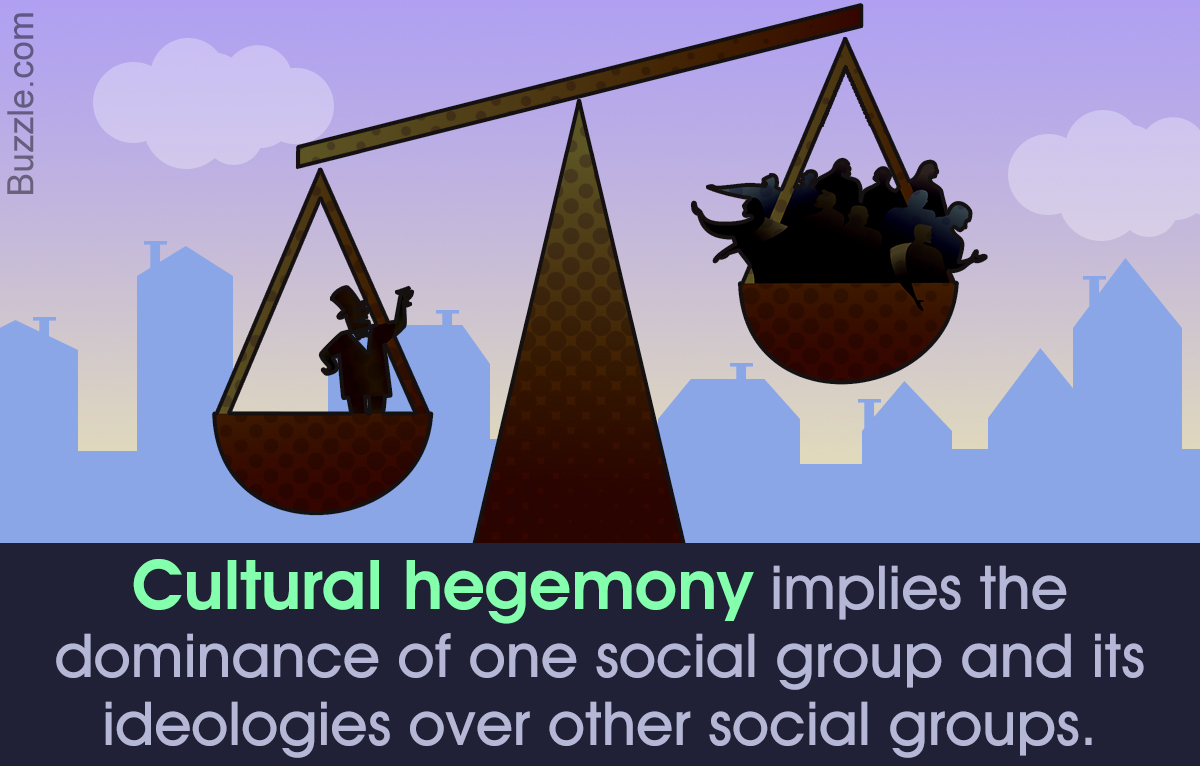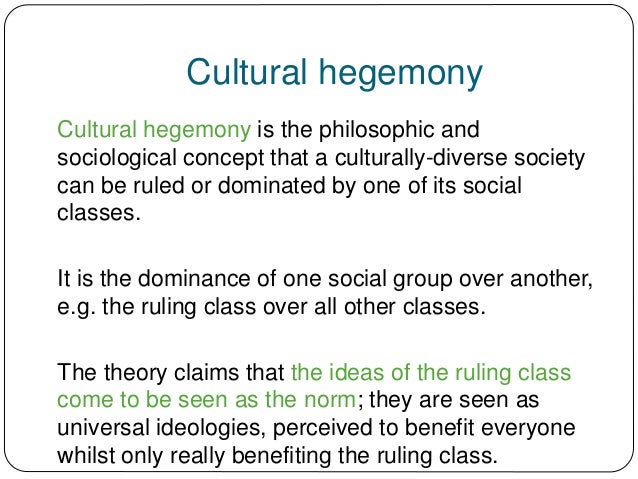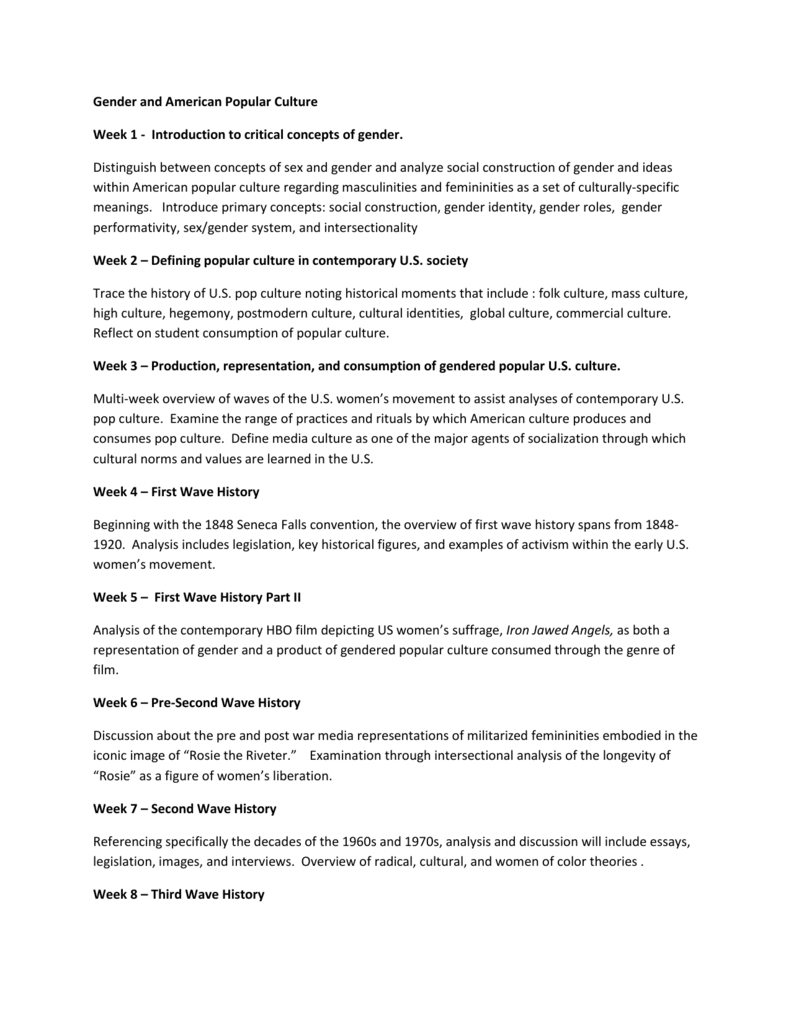Hegemony Definition Popular Culture

Hegemony the dominance of one group over another supported by legitimating norms and ideas.
Hegemony definition popular culture. The social cultural ideological. Some cultural artifacts include. European intellectuals have long debated the consequences of the hegemony of american popular culture around the world.
Modern family seasons which can be ordered online downloaded and available in many stores. As described by john storey because hegemony is always the result of negotiations between dominant and subordinate groups it is a process marked by both resistance and incorporation. Hegemony definition is preponderant influence or authority over others.
Cultural hegemony is a concept put forth by the italian marxist philosopher antonio gramsci. The concept implies the dominance of a custom made culture that meets the needs of the majority but serves the interests of the dominant social class. Hegemony is the dominant influence of an civilization society nation or elite over others the term is mostly used to describe a nation that is able to greatly influence or control other nations.
Need quotation to verify the universally valid dominant ideology which justifies the. As an example storey offers the example of. The term is often used as shorthand to describe the dominant position of a particular set of ideas and their associated tendency to become commonsensical thereby inhibiting even the articulation of alternative ideas.
It is never simply power imposed from above 7 popular culture is a vital hegemonic zone of this reciprocity. The definition of hegemony with examples. In marxist philosophy cultural hegemony is the domination of a culturally diverse society by the ruling class which manipulates the culture of that society the beliefs and explanations perceptions values and mores so that the imposed ruling class worldview becomes the accepted cultural norm.
It is usually achieved through social institutions which allow those in power to strongly influence the values norms ideas expectations worldview and behavior of the rest of society.











